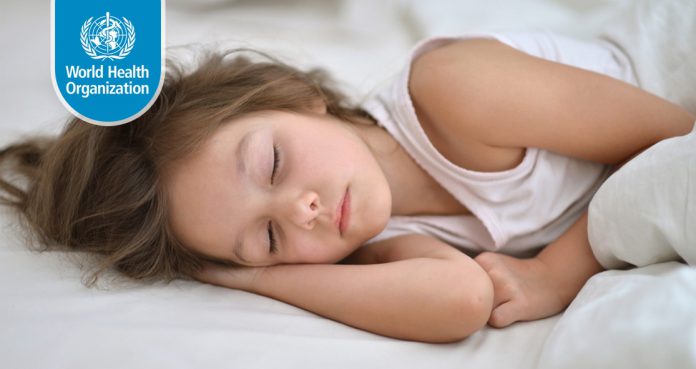A World Health Organization (WHO) study has suggested that at least one in four children aged between 11 and 15 have too little sleep in England.
Researchers questioned nearly 3,400 children between the ages of 11, 13 and 15 every four years. Of which, 27 percent said they were too tired to concentrate on their lessons.
The study also found that one in four children aged 15 reported self-harm, while the proportion is increasing faster among boys. The researchers found that girls were more likely to have too little sleep, 32 percent compared with 23 percent of boys.
One in six of the youngsters said they are physically active for at least one hour a day. And seven in 10 take part in intense physical activity at least twice or thrice a week, with girls less likely to do so than boys.
The WHO study also suggested that children are becoming less likely to take part in risky behaviors such as smoking, drinking, trying cannabis, and having sex.
When it comes to eating, nearly 63 percent said they eat their breakfast every day, 44 percent eat five portions of vegetables and fruits every day, and 30 percent eat a meal with their family every day.
Senior researcher of the study Dr. Ellen Klemera, said, “Research on adolescent health has highlighted how important the second decade of life is for health and wellbeing, which is why this continued decline of emotional wellbeing is really worrying.”
“Although there are far less reported incidences of risk behaviors, young people are facing a multitude of different challenges that other generations have not really experienced, such as the prominence of smartphones and social media,” she continued.
“These can have a negative impact on wellbeing, particularly if they are exposed to cyber-bullying or if it affects their sleep,” Dr. Klemera added.
WHO program manager Martin Weber said, “The mental health of young people is as important as their physical health.”
“The new HBSC report gives us a good insight into the problems young adolescents face and the effect it has on their health,” added Weber. “Increase in sleep difficulties, feeling low and self-harm are just some of the issues that need to be addressed.”























